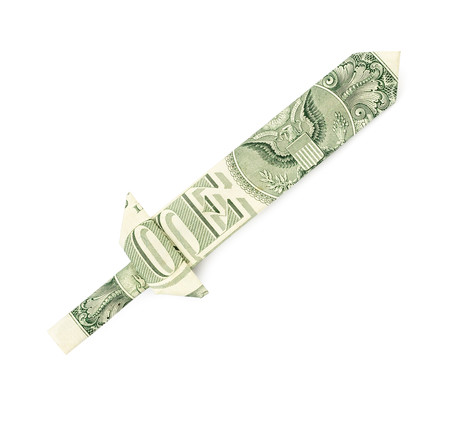National Sword policy sees Australian recyclables fall in value

The Australian Packaging Covenant Organisation (APCO) has released its Market Impact Assessment Report defining the impact of China’s National Sword policy. The policy is part of an inspection program targeting (for Australia’s purposes) recyclable materials (such as paper and various grades of post-consumer plastics) that are being imported into China, with the goal to reduce the amount of contaminated materials entering the country.
The release of the report comes one day after the Waste Management Association of Australia (WMAA) and Australian Council of Recycling (ACOR) formally called for the creation of an Australian Circular Economy & Recycling Action Plan, in order to maintain the community’s confidence in recycling services under the circumstances brought about by National Sword.
Findings from the report reveal that the volume of Australian export of scrap paper and plastics has remained largely stable over the past 12 months; however, their value has dropped significantly due to global oversupply. Mixed paper scrap once valued at $124 per tonne (EXW) has dropped approximately 100% and is now close to worthless; scrap mixed plastic has fallen 76%, from $325 per tonne to $75 per tonne; and cardboard is now valued at $125 per tonne, falling 40% from $210 per tonne.
“What essentially lies at the heart of this issue is China’s decision to revise the contamination threshold for scrap paper and plastics,” said APCO CEO Brooke Donnelly. “We need to develop the right domestic infrastructure to lower the contamination levels in our waste and start building viable end-market solutions here in Australia to ensure a smaller, cleaner packaging waste stream.”
APCO is already developing a range of solutions to improve sustainable packaging design, reduce contamination and improve recycling rates. Most recently, the company helped launch the first nationwide labelling program to help Australians better understand how to recycle packaging correctly and assist organisations in designing for recycling and working towards lowering contamination levels.
APCO has also accelerated the delivery of the PREP design tool, an online evaluation portal that determines if a packaging format is recyclable or not in the current kerbside collection service. This enables organisations to develop their packaging to be recyclable where possible, driving waste avoidance outcomes at the design stage.
Finally, APCO is currently reviewing its Sustainable Packaging Guidelines (SPGs) to help businesses reduce the environmental impact of their packaging and develop a standardised approach to key issues such as the use of recycled content in packaging.
To view the APCO report, click here.
Experts call for fashion waste overhaul
A new study has analysed what happens to donated textiles in a number of western cities,...
Soft plastics recycling platform with traceability being developed
Close the Loop and Recity have teamed up to develop a soft plastics recycling initiative with...
WMRR talks about recycled materials during National Recycling Week
WMRR is using National Recycling Week to encourage the community and business to actively choose...









